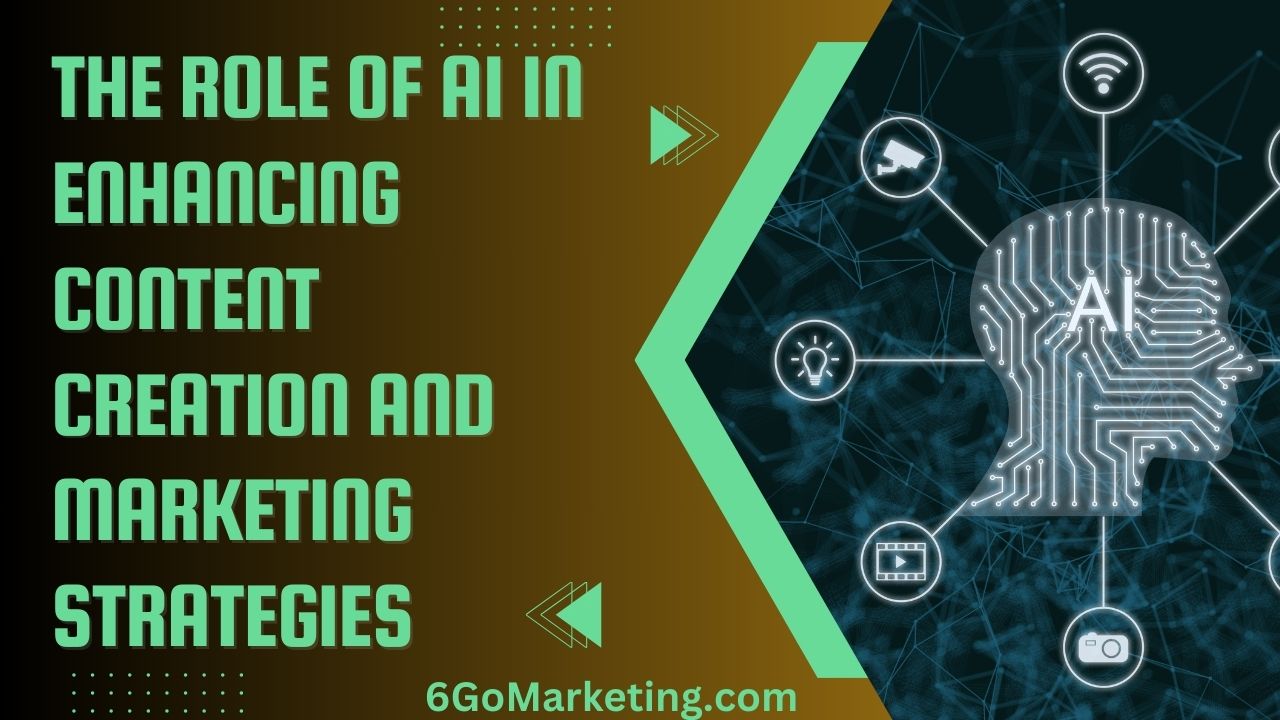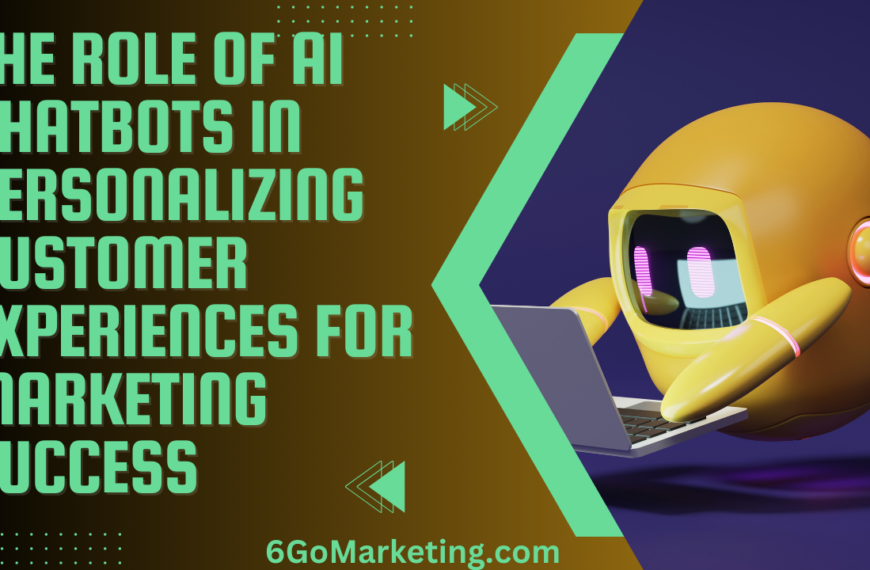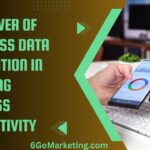The worldwide AI market is flourishing, now estimated at $279 billion, marking an $80 billion increase from 2023. This growth highlights how widely artificial intelligence is being adopted across different sectors, especially in content creation and marketing. Here, AI is more than just an additional tool; it has become essential, changing the way things are traditionally done.
It improves efficiency and adds sophistication to how content connects with consumers. This article explores the significant effects of AI in these areas, showing how companies are using this technology to transform their strategies and stay competitive in the current digital landscape.
Detecting AI-Generated Content
With advanced AI text generators like ChatGPT and Gemini becoming more prevalent, companies are increasingly relying on these tools to boost their content creation. These AI systems can generate text that closely resembles human writing, blurring the line between automated and human-produced content. Distinguishing between the two is crucial for maintaining the authenticity expected by audiences from trusted brands.
Tools that detect AI-generated content are thus crucial. They provide a way to verify the origin of content, ensuring that a company’s communications remain transparent and trustworthy. Take, for example, Smodin. Businesses can use Smodin’s AI detector for accurate results of content originality. This helps them maintain transparency in their material and fosters a trustworthy relationship with customers.
Content Personalization and Targeting
AI is great at shaping content to fit what each person likes and how they behave. By looking at large sets of data, AI can spot trends and preferences, helping marketers create messages that really connect with people. This focused strategy not only grabs attention but also leads to better engagement and higher conversion rates.
As a result, personalized content is a strong tool for marketers. It ensures that messages not only reach the intended audience but also resonate with them. AI-based personalization adjusts in real time, changing recommendations and content based on how users interact, which keeps the experience engaging and relevant. It allows marketers to deliver exactly what people want, often even before they realize they want it.
SEO Optimization
In digital marketing, getting noticed is crucial. AI plays a big role in making content more search engine friendly. It looks at current keyword trends, recommends suitable keywords, and helps organize content to boost online visibility. AI supports businesses in adhering to SEO best practices, attracting more organic traffic, and enhancing their search engine rankings.
AI also continuously adjusts and refreshes strategies to adapt to search engine algorithm updates, keeping tactics sharp and effective. Moreover, it enhances the user experience by reducing website load times and tailoring content more accurately, both vital for SEO success.
Automated Content Generation
AI makes it easier to create content by taking care of repetitive tasks. It can quickly put together first drafts, outline content in detail, or suggest improvements to what’s already written. This not only speeds up the process but also lets creative workers focus on more important and innovative projects.
Using automated content generation helps maintain a steady stream of material, which is key to keeping audiences interested. It adds fresh and smart twists to writing styles, making the content more engaging. Plus, automation cuts down on mistakes and inconsistencies, resulting in polished and professional work.
Performance Analysis and Insights
AI tools bring a major benefit by delivering in-depth analysis and insights into how content performs. Marketers can now see real-time data on their content’s performance across various platforms. This immediate feedback helps them make smart decisions and quickly tweak their strategies to boost engagement and effectiveness.
By figuring out what resonates with their audience and what falls flat, marketers can improve their future content to better align with audience preferences. AI analytics can also spot trends and signs of content fatigue, enabling proactive adjustments before engagement drops. Additionally, it effectively breaks down audience data, offering detailed insights into different demographic behaviors and preferences.
Enhancing Creativity and Experimentation
AI does more than just analyze data and refine strategies; it also plays a significant role in the creative aspects of marketing. It offers fresh ideas and content formats that marketers might overlook, helping to stretch the limits of what’s possible. This backing allows marketers to try out various types of content, styles, and messages while reducing the usual risks tied to trying something new.
Having the freedom to experiment leads to exciting ways to engage with audiences and grow their reach. AI can mimic different creative scenarios, providing a safe space for marketers to explore and tweak their ideas before launching them. Plus, it uses machine learning to analyze past creative wins and losses, steadily enhancing the quality of future creative work.
Final Thoughts
Introducing AI into content development and marketing is reshaping how companies interact with their audiences. As AI technology progresses, its role will likely grow, offering more sophisticated tools for personalizing, optimizing, and enhancing creativity.
For companies looking to thrive in today’s digital environment, implementing AI technology is critical. It’s no longer optional if they want to remain competitive and noticeable in the quickly changing online space. AI can elevate their online presence, engage their audiences more effectively, and boost their marketing success.










